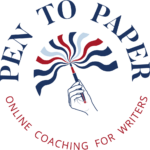By Katharine Derrick
Once upon a time, I used to teach creative writing at a local community college. I loved my job until I didn’t. What I loved most was working with students to help them develop their writing skills. What I began to hate were the assessments and grading. It felt as if I was stifling voices to make them fit some preconceived notion of what “good writing” should be, when what I really wanted to do was to free those voices, to let them fly and see where they would land.
I was increasingly disturbed by the idea that someone’s written expression could be graded, the idea that it’s a pass or fail situation. Can someone’s writing be improved? Sure. Even the most-often published writers say there is always something they could have done a little differently in this scene, or a sentence they could have structured more dynamically. But what I have come to believe is that the whole concept of improvement is flawed. What does improvement even mean?
Could Fifty Shades of Grey be improved if there was more focus on relationship rather than sex? Could Harry Potter be improved if there were fewer characters? Could the disconnected, fragmented narrative of Eimear McBride’s A Girl is a Half-formed Thing be improved if it followed a more traditional grammatical structure? Some critics might say they could be “improved” and there will be others who disagree, but these novels all share one thing – they have their own unique voice.
I left a stable job because I cared too much about the limits that were being imposed on the writers, on their creativity and on their unique expression. Instead, I embarked on a wonderfully crazy and inspiring mission to empower and liberate ONE THOUSAND voices.
I keep talking about voice but what is it? Voice is such a critical component of writing and, while many writing courses, coaches and editors talk about it, few explain it or know how to help their students or clients find it. Yet, if voice is inconsistent or not uncovered effectively, it will greatly impact how the reader engages with the story, often more so than many of the other story components.
There is no consistent definition of voice. If I was to put it simply, I would say it is the essence of the writer on the page. Too often writers mask their voice, wanting to “get it right”, or they feel too vulnerable to open themselves fully to the story. But it is their view of the world, their emotions, their beliefs, their fears, their dreams and their experiences that feed the voice of their story and it is this that the reader engages with.
I provide writers with the tools and coaching to write authentically, empowering their voices so they can be heard and so they can thrive creatively. Each client I work with has a unique voice that we uncover together, and I have yet to read a piece of writing where I can’t see a gem waiting to be polished, a voice waiting to be heard, a writer waiting to be set free. Many of my clients have fully claimed their writing voice; here are a few examples.
Trisha’s YA novel centres around seventeen-year-old Claire who gets a second chance at love when she discovers she can see her dead boyfriend’s ghost. The domino effect of his death reveals a family secret that leads to Claire healing parts of herself that she wasn’t aware were broken. The voice of the novel has a poetic quality which fits naturally with Trisha’s journey as a writer (she completed her MFA in poetry).
Rachel’s novel is literary fiction. Pippa, her main character, pinballs from one disaster to another. This vulnerable young woman is living a tiny, hidden life as she tries to connect with herself and the silent man whose secret affects them both. The voice of the novel is musical and beautifully spare which makes perfect sense given Rachel is a musician who also writes flash fiction.
Pam is writing a memoir. In it she merges tragedy with laugh-out-loud humour without diminishing her subject matter. The voice is matter of fact, at times irreverent, and always poignant. Freeing Pam from the constraints of how a writer should write and how a memoir should be written has uncovered her voice and allowed her to write something that is touching and funny.
If you’re struggling to find your voice and want to know more, you can watch this free webinar. If you’ve read enough and want to see if I can help you put the essence of YOU on the page, I am available for an obligation-free Zoom strategy call. We’ll talk about you, why you’re writing, what’s working, what’s not working and we’ll discuss your writing dreams. If you think I can help you liberate your voice, we can look at client options around that. And if we’re not a fit, I’ll make sure you leave the call with your next step. Please don’t let your voice wither and die when I may be the one to help it flourish.
Image Credits:
Computer screen: Photo by Hussein Abdullah on Unsplash
Woman writing: Photo by Ivan Samkov from Pexels
Dandelion: Photo by Marzie Vafa on Unsplash
Goya: Photo by Rachel Weld





